SBI Holdings will complete on July 31 repaying public funds poured into its banking unit, the Japanese financial group said Wednesday, marking the end to the aftermath of a financial crisis triggered by the bursting in the early 1990s of the asset-inflated economic bubble in Japan.
Although a specific plan to repay the ¥230 billion funds that SBI Shinsei Bank has not already paid back to the government is still under discussion, the parent firm is expected to purchase the bank's preferred shares held by government-affiliated Deposit Insurance of Japan and its Resolution and Collection arm, people familiar with the matter said.
To raise funds for the share purchase, SBI Holdings is considering allotting new shares worth some ¥110 billion to Nippon Telegraph and Telephone and issuing ¥170 billion in corporate bonds, they added.
The bank, which took public money to write off soured loans like other banks in the country, was initially set to end its debt repayment within several years from now. But the holding firm has decided to bring forward the repayment schedule.
SBI Holdings is also expected to apply next month for SBI Shinsei Bank's relisting on the Tokyo Stock Exchange so the bank, by the end of the year, can go public for a third time since it was called the Long-Term Credit Bank of Japan, which went bust in 1998.





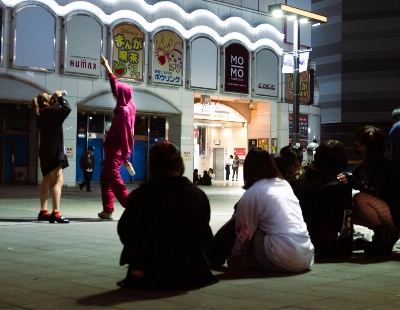
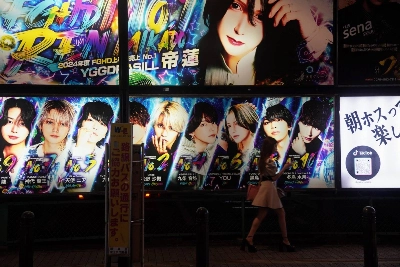
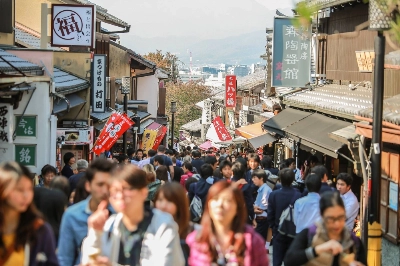
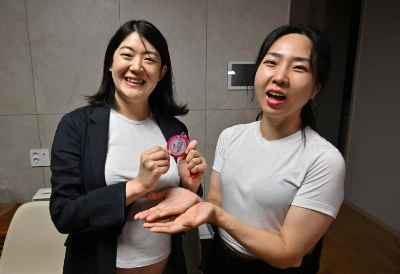
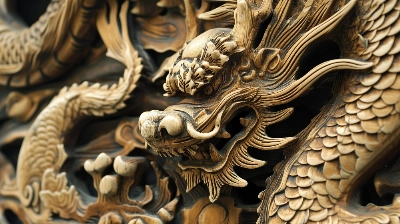










With your current subscription plan you can comment on stories. However, before writing your first comment, please create a display name in the Profile section of your subscriber account page.